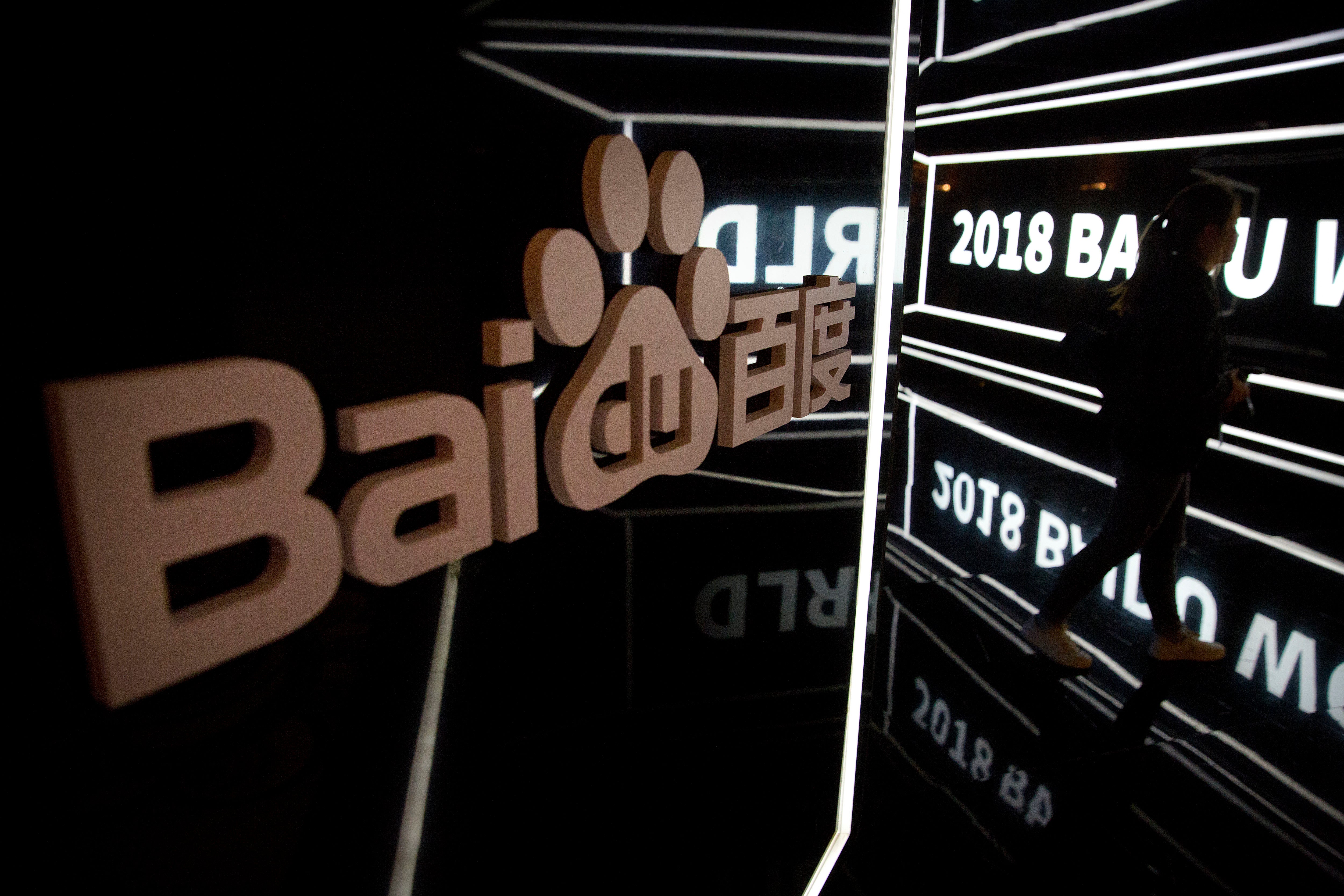Top public relations executive at Chinese technology firm Baidu apologizes after sparking backlash
A top public relations executive from Chinese technology firm Baidu has apologized after she made comments in a series of videos that critics said glorified a culture of overwork

A top public relations executive from Chinese technology firm Baidu apologized Thursday after she made comments in a series of videos that critics said glorified a culture of overwork.
Baidu's head of communications Qu Jing sparked a public outcry in China after she implied in the videos that she was not concerned about her employees as she was “not their mom” and said she only cared about results. She also said that the relationship between her and her subordinates was purely an “employer-employee relationship.”
The backlash was swift, with many on social media platforms like Weibo criticizing Qu for her lack of empathy.
Qu posted an apology Thursday on her private WeChat account, where she “sincerely apologized to all netizens” and clarified that she had not sought Baidu’s permission before posting the videos.
Qu said that her short videos did not represent Baidu’s stance. Baidu operates China’s dominant search engine as well as Ernie Bot, an artificial intelligence service similar to ChatGPT.
“Many of the criticisms are very pertinent, I am reflecting deeply and humbly accept them,” she said. “There are many inappropriate (things said) in the video that caused external misunderstandings about the company’s values and corporate culture, causing serious harm. I sincerely apologize."
Qu also pledged to improve her communication and management style and care more for her colleagues.
Baidu did not immediately comment.
Chinese online media outlet 36Kr reported Thursday that Qu had left her position at Baidu. The Associated Press was not able to independently verify Qu’s departure.
The videos, which have since be taken down, came at a time when many young people in China are pushing back against a culture of competition and gruelling hours in the workplace.
Qu received criticism for a range of subjects she mentioned in the series of short videos on Douyin.
In the series, she brought up an incident of certain employees who sent hundreds of complaint letters against her to the office, and threatened to ruin their careers by ensuring that they could never again find a job in the industry.
In one of the videos, she criticized an employee who refused to go on a 50-day business trip during the COVID-19 pandemic. China had implemented strict travel restrictions that at times included weeks of quarantine for travel even within the country.
“Why should I take into consideration my employee’s family? I’m not her mother-in law,” Qu said, adding that if employees refused to go on such business trips then they would not get salary raises or job promotions.
Chinese technology firms have long been criticized for their long working hours.
A public debate was sparked in recent years over the “996” work culture, where employees in technology firms were expected to work from 9 a.m. to 9 p.m., six days a week. The issue was also spotlighted after the deaths of two employees of Chinese e-commerce firm Pinduoduo, one of whom collapsed suddenly on the street on her way home from work.
Jack Ma, founder of Alibaba, also faced criticism in 2019 for endorsing the 12-hour workday culture, saying that those who enjoyed their work would not find the “996” practice to be a problem.